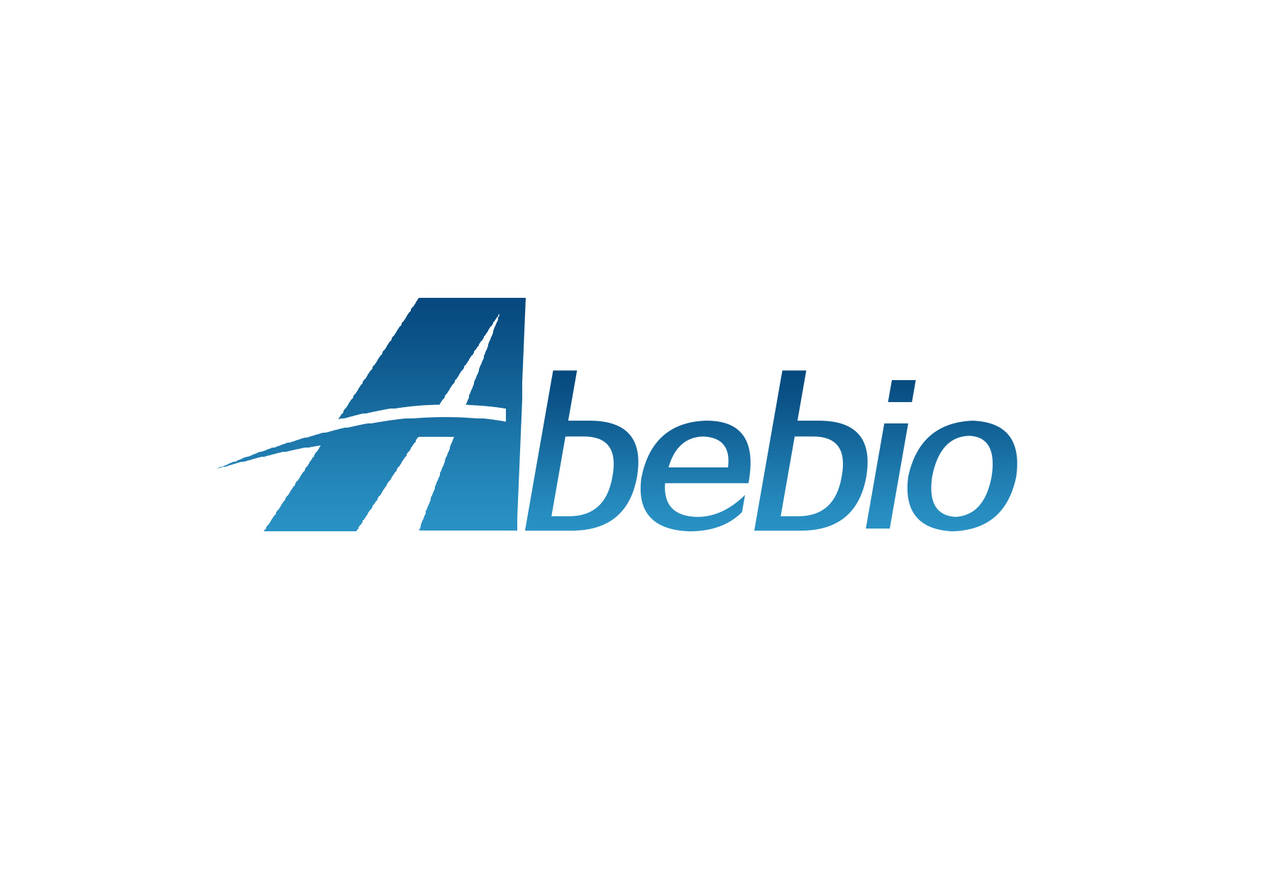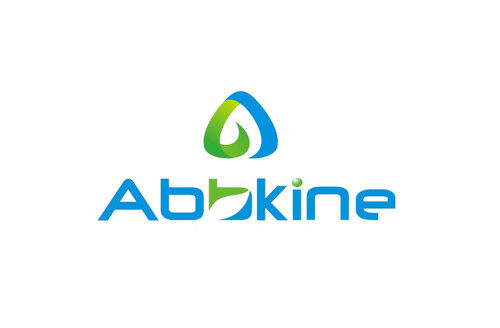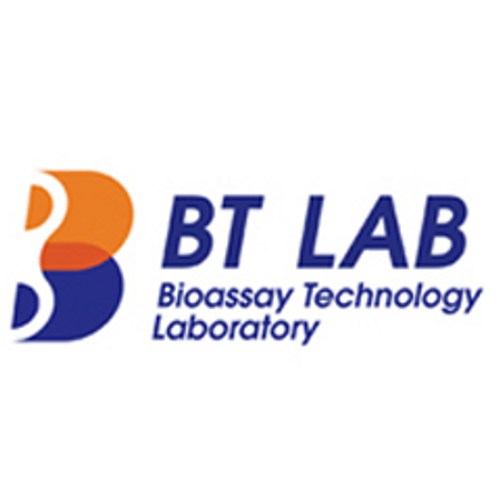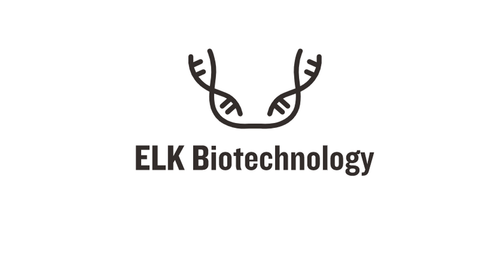Product Description
Human Intrinsic factor IgG antibody ELISA Kit | AE62465HU | Abebio
Species Reactivity: Human (Homo sapiens)
Abbreviation: IgG
Alternative Name: N/A
Application: ELISA
Range: 2.47-200 ng/mL
Sensitivity: 0.95 ng/mL
Intra-Assay: ≤4.2%
Inter-Assay: ≤7.9%
Recovery: 1, 02
Sample Type: Serum, Plasma, Other biological fluids
Detection Method: Competitive ELISA
Analysis Method : Qualitative
Test Principale: This assay employs the competitive enzyme immunoassay technique. The microtiter plate provided in this kit has been pre-coated with an antibody specific to IgG. Standards or samples are then added to the appropriate microtiter plate wells with a Horseradish Peroxidase (HRP) -conjugated IgG and incubated. The competitive inhibition reaction is launched between with HRP labeled IgG and unlabeled IgG with the antibody. A substrate solution is added to the wells and the color develops in opposite to the amount of IgG in the sample. The color development is stopped and the intensity of the color is measured.
Product Overview: Intrinsic factor is a glycoprotein produced by the parietal cells of the stomach. It is necessary for the absorption of vitamin B12 later on in the terminal ileum.Upon entry into the stomach, vitamin B12 becomes bound to haptocorrin (R factor), a glycoprotein. The resulting complex enters the duodenum, where pancreatic enzymes digest haptocorrin. In the less acidic environment of the small intestine, B12 can then bind to intrinsic factor. This new complex travels to the ileum, where special epithelial cells endocytose them. Inside the cell, B12 dissociate once again and bind to another protein, transcobalamin II. The new complex can exit the epithelial cells to enter the liver.
Stability: The stability of ELISA kit is determined by the loss rate of activity. The loss rate of this kit is less than 5% within the expiration date under appropriate storage condition. The loss rate was determined by accelerated thermal degradation test. Keep the kit at 37°C for 4 and 7 days, and compare O.D.values of the kit kept at 37°C with that of at recommended temperature. (referring from China Biological Products Standard, which was calculated by the Arrhenius equation. For ELISA kit, 4 days storage at 37°C can be considered as 6 months at 2 - 8°C, which means 7 days at 37°C equaling 12 months at 2 - 8°C) .
 Euro
Euro
 USD
USD
 British Pound
British Pound
 NULL
NULL












